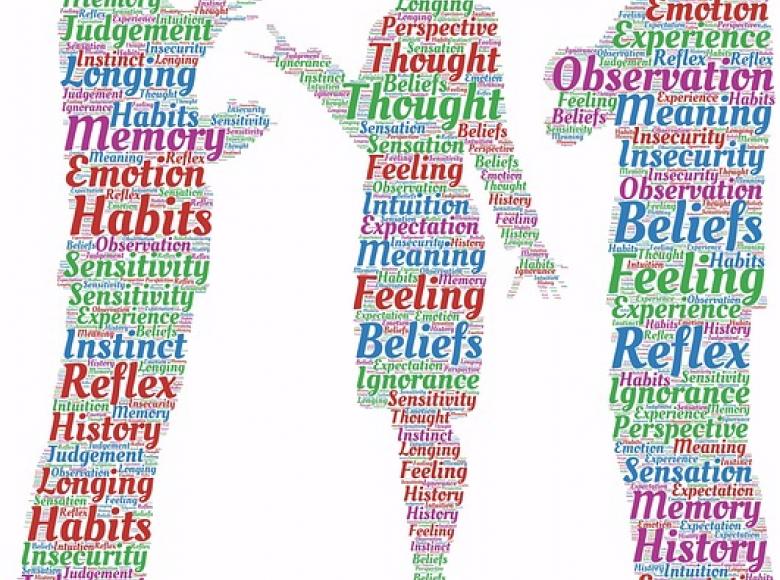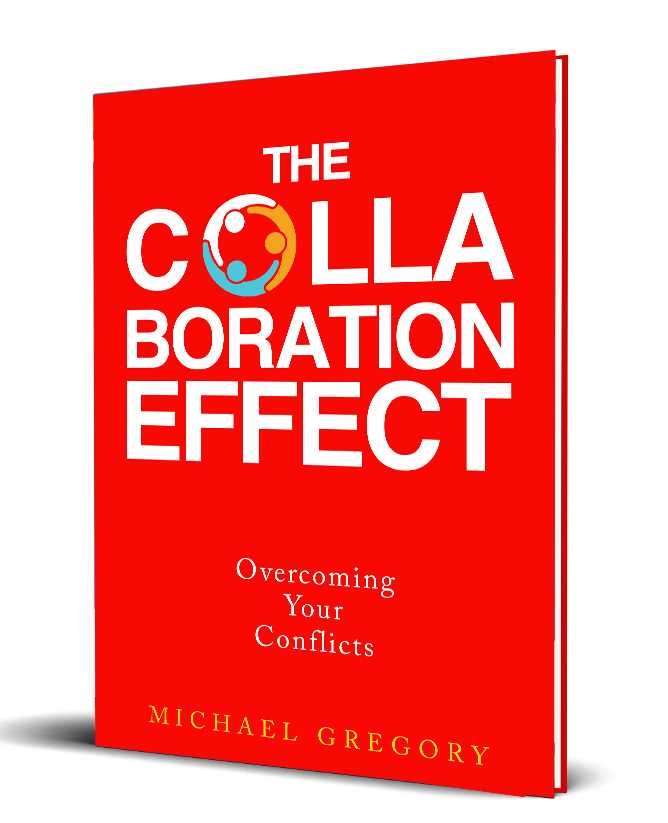
We all have to work with others we find difficult to work with at some point. The question is how can we collaborate with someone we find difficult to work with? This article provides some ideas to help you.
Define the problem by reflection on the cause
Why do you find this person difficult to work with?
Look in the mirror. Could it be something you are doing or have something to do with you?
For example if your Myers Briggs type indicator is an ENTJ then deadlines mean a lot to you, and you will come in with what is needed on time no matter what. Say you are working with a ISFP who puts a lot of weight on process, creativity, feelings of others and perceptions. What might be a cause for conflict? The ENTJ may be heavily oriented towards meeting the deadline and trample all over the ISFP ignoring feelings and conflicts with various processes. Yes, this could be a real cause for a conflict.
We can learn from others. Are you taking the time to listen? Are you possibly over reacting to the other person given your interests? Have you explored theirs?
Get to know the other person
Listening to another person complain about how a third party was very difficult to work with and always seemed to have a chip on her shoulder, I simply asked the other person what she knew about the third person. Not much. I then invited her to look for some common things in her work cube that could lead to a conversation after approaching the third person in a friendly manner. She tried this. She approached the third person positively and asked some questions regarding some photos in the cube. The third person responded that these photos were of her grandchildren that she missed deeply over the holiday season since they lived so far away. An empathetic response and a conversation regarding her grand children followed. After a few minutes the third person in a very positive manner asked if she could help the person.
I was told later by the person that she now always approaches the third party positively, asks about her grandchildren and she lets the third party ask her how she can help. This really worked. Why?
She made a decision to not simply come in with the business request, but to
develop a relationship and try hard to understand the other person’s perspective. Be respectful. Ask open ended questions. Actively listen.
You may be surprised how well this works.
Be a solution provider
A problem solver addresses a specific problem. A solution provider asks more questions, attempts to get to the root cause and helps develop a series of solutions to find the best solution by helping the other party with the entire process.
Sometimes the problem being solved is not really the problem at all. It may only be a symptom to a much bigger issue.
Don’t be a critic. Do not focus on blame. Rather focus on the problem and how you can work together to address their concern. Rather than being competitive, be collaborative. Engage the other party. Ask questions that invite collaboration. For example, “Do you have any ideas on how the two of us can work on this together?” If you demonstrate a real interest and show that you don’t have all the answers, you share some of your own vulnerabilities and invite the other person to help. That is one of the most promising ways to reach out to another person.
Ask open ended questions
Active listening requires the asking of open ended questions. Open ended questions are not answered with a yes or a no. Open ended questions try to get to the bottom of things. Questions like:
What would you like to have happen?
What have you tried?
Have you got any ideas?
What could I do to help you?
How might we approach this together?
What seems to be the problem?
These types of questions allow you to respond with emotion and sincerity
allowing you to be empathetic and to jointly work together to find an appropriate approach working towards a solution.
Learn more about your own style
If you have not taken a Myers Briggs test of something similar you may want to do so. Consider your own personality type and the implications of your personality type. Know your strengths and weaknesses. For example, clicking on the link for personality type should your personality be an ENTJ implies that you are:
Self-confident, fair, tough, decisive, strategic, take charge, and that you think globally. These are all good.
On the other hand, you may also be perceived as insensitive, not seeing the many details associated with the task at hand. You may move faster than other members of the team that may leave others behind and frustrated. Your focus on the task leave you insensitive to the needs of others.
Explore your own style and see what you can do to address both your strengths and weaknesses.
Consider the personality type of others and what you can do to help them given their personality is very different from yours.
Seek out the help of others
Seek out mentors and ask for help. Sometimes others have real insights into the other party. They can offer some real insights to help you. There may things going on at work or outside of work that you were not aware of that could help you. There can be a real history there.
By reaching out to others and learning all you can about the other party, you will increase your knowledge base
and likely come across alternatives you would not have discovered on your own.
To learn more, check out this link from the Harvard Program on Negotiation from the Harvard Law School.
Take advantage of The Collaboration Effect TM. Contact me to speak to your group or consult with you.
Check out my website, books and resources. I am an international speaker. I speak on how to overcome conflict with collaboration by taking advantage of the collaboration effect TM enhancing relationships, resources and revenues. My service areas are related to helping clients resolve conflict and enhance leadership. I have written 11 books including The Servant Manager and Peaceful Resolutions. I may be contacted directly at mg@mikegreg.com and at (651) 633-5311. [Michael Gregory, NSA, ASA, CVA; MBA]
About the author
Mike Gregory is a professional speaker, an author, and a mediator. You may contact Mike directly at mg@mikegreg.com and at (651) 633-5311. Mike has written 12 books (and co-authored two others) including his latest book, The Collaboration Effect: Overcoming Your Conflicts, and The Servant Manager, Business Valuations and the IRS, and Peaceful Resolutions that you may find helpful. [Michael Gregory, ASA, CVA, MBA, Qualified Mediator with the Minnesota Supreme Court]

